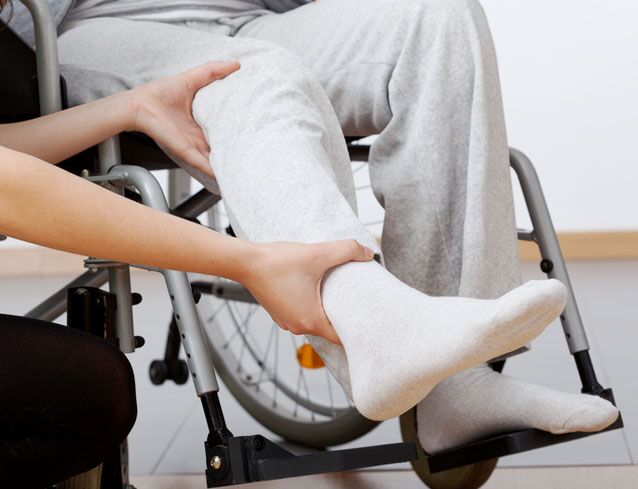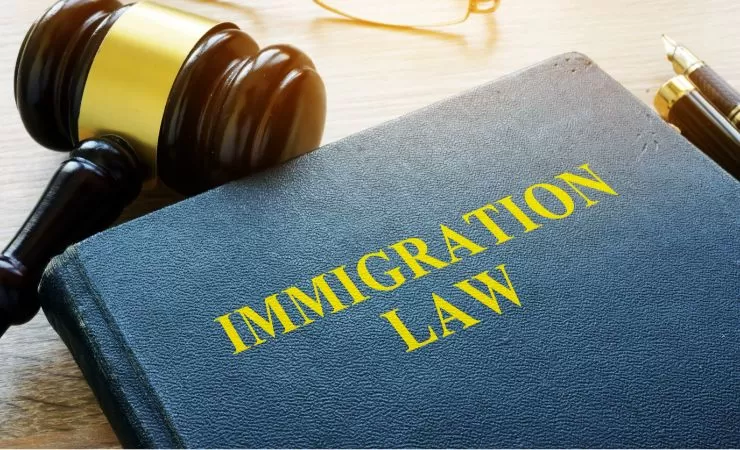
Defendants who have been convicted of a crime may have several options for seeking relief after their trial. One of the most common options is through post-conviction relief. Post-conviction relief involves filing a motion with the court that issued the original conviction.
The motion typically alleges some sort of error or misconduct that occurred during the trial or sentencing phase of the criminal case.
Types Of Post-Conviction Relief
There are several types of post-conviction relief, but one of the most common is the appeal. Appeals are a legal process in which a higher court reviews the decision of a lower court. They are designed to ensure that the lower court followed the law and applied it correctly in the defendant’s case. In this article, we will explore the appeal process and its role as the most common type of post-conviction relief.
What is an Appeal?
An appeal is a request to a higher court to review the decision of a lower court. In criminal cases, the defendant or the prosecution may file an appeal. An appeal is not a new trial. Rather, it is a review of the trial court’s decision to determine if it was legally correct. During an appeal, the appellate court reviews the record of the trial court proceedings, including any evidence, testimony, and legal arguments.
Grounds for Appeal
There are several grounds on which a defendant may appeal their conviction. These include errors of law, prosecutorial misconduct, ineffective assistance of counsel, and newly discovered evidence.
- Errors of law refer to mistakes made by the trial court in applying the law. For example, a defendant may argue that the trial court improperly admitted evidence that should have been excluded or that the trial court applied the wrong legal standard in making a ruling.
- Prosecutorial misconduct occurs when the prosecutor engages in unethical behavior, such as withholding evidence or making improper arguments to the jury. For example, a defendant may argue that the prosecutor made a statement that improperly appealed to the jury’s emotions or that the prosecutor failed to disclose exculpatory evidence.
- Ineffective assistance of counsel occurs when the defendant’s attorney fails to provide adequate representation. For example, a defendant may argue that their attorney failed to investigate important facts or witnesses, failed to object to improper evidence, or failed to adequately prepare for trial.
- Finally, newly discovered evidence refers to evidence that was not available at the time of the trial and that could have changed the outcome of the case. For example, a defendant may argue that they have new DNA evidence that shows they could not have committed the crime.
The Appeal Process
The appeal process begins with the filing of a notice of appeal. The notice of appeal must be filed within a certain time frame after the trial court’s decision. The defendant’s post-conviction lawyer or appeal lawyers will then prepare a brief, which is a written argument outlining the grounds for appeal. The prosecution will also file a brief, arguing that the trial court’s decision was correct.
After the briefs have been filed, the appellate court will schedule oral arguments. During oral arguments, the lawyers for each side will present their arguments to the appellate court. The appellate court may ask questions and may also ask for additional information or clarification.
The appellate court will then issue its decision. The court may affirm the trial court’s decision, reverse the decision, or remand the case back to the trial court for further proceedings. If the appellate court affirms the trial court’s decision, the defendant may have other options for seeking post-conviction relief.
Other Types of Post-Conviction Relief
While appeals are the most common type of post-conviction relief, there are other options available to defendants. These include:
Writ of habeas corpus:
A writ of habeas corpus is a legal order that requires a person who is imprisoned to be brought before a court or judge. The writ can be used to challenge the legality of a person’s detention, such as if the person is being held without sufficient evidence or if the sentence exceeds the maximum allowable punishment.
Motion for a new trial:
A motion for a new trial is a request to the trial court to set aside the original verdict and hold a new trial. This type of relief is typically sought on the basis of newly discovered evidence or if there was some sort of error or misconduct during the original trial.
Motion to vacate the sentence:
A motion to vacate the sentence is a request to the trial court to set aside the original sentence and issue a new sentence. This type of relief is typically sought on the basis of some sort of error or misconduct during the sentencing phase of the trial.
Each of these options has its own set of requirements and procedures, and it is important to consult with a post-conviction lawyer or appeal lawyers to determine which option is most appropriate for a given case.
Other Forms Of Relief
In addition to the three types of post-conviction relief discussed above, some states also allow for other forms of relief, such as clemency or a pardon. Clemency is a form of mercy granted by the governor or other executive authority and may take the form of a commutation of sentence (reducing the sentence) or a pardon (forgiving the crime).
These forms of relief are not automatic and typically require the submission of a formal application. If you believe you may be eligible for clemency or a pardon, it is important to consult with a post-conviction lawyer or appeal lawyers who can help to guide you through the application process.
Conclusion
Post-conviction relief is an important legal tool for defendants who have been convicted of a crime. While there are several types of post-conviction relief available, appeals are the most common. Appeals allow defendants to challenge the legal correctness of the trial court’s decision and to seek a new decision from a higher court.
It is important to work with a post-conviction lawyer or appeal lawyers who have experience navigating the appeals process and who can help to identify the best grounds for appeal. If you need assistance with a post-conviction matter, consider contacting Brownstone Law. Their team of experienced lawyers can help guide you through the post-conviction relief process and advocate for your rights.







